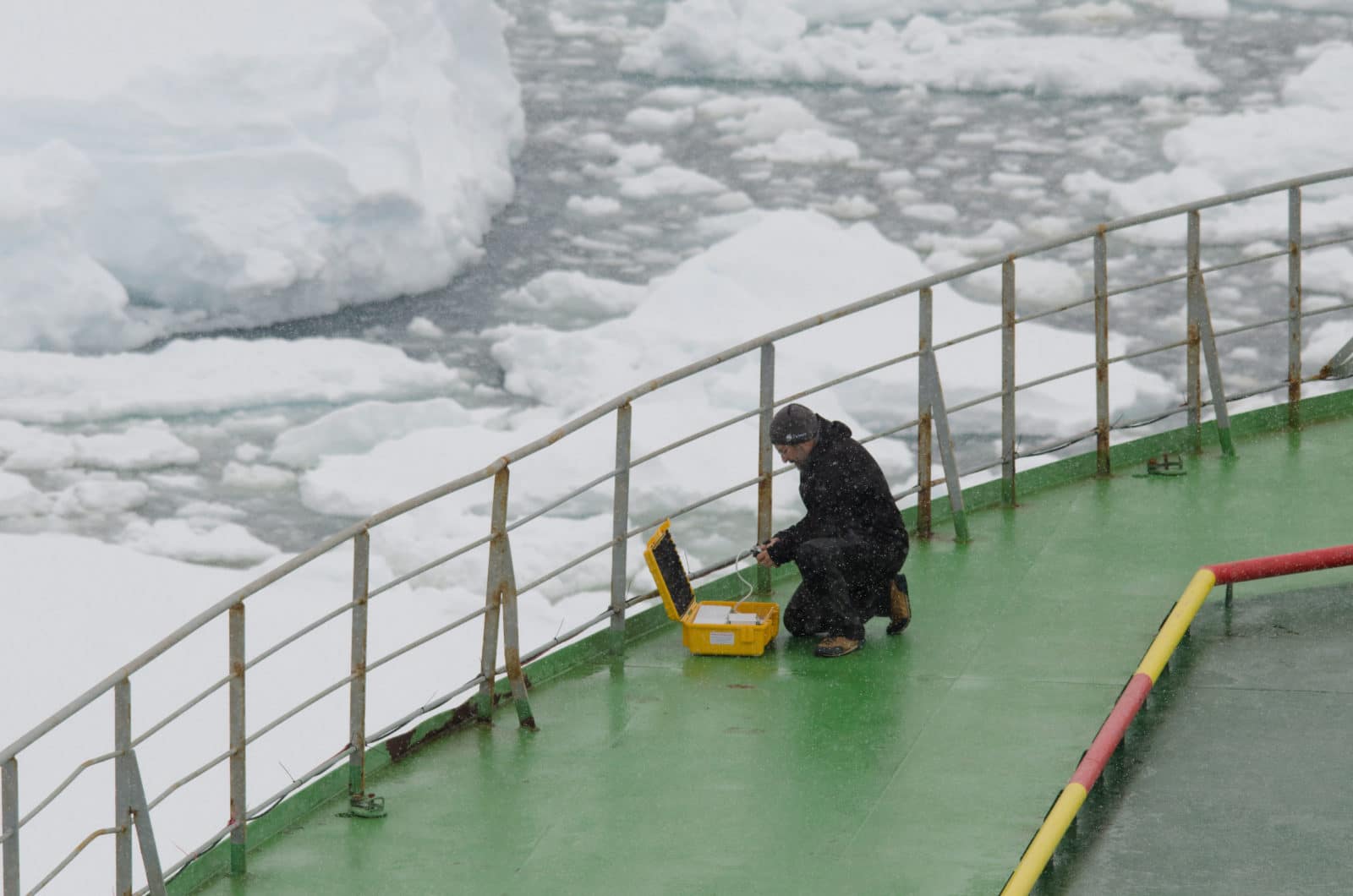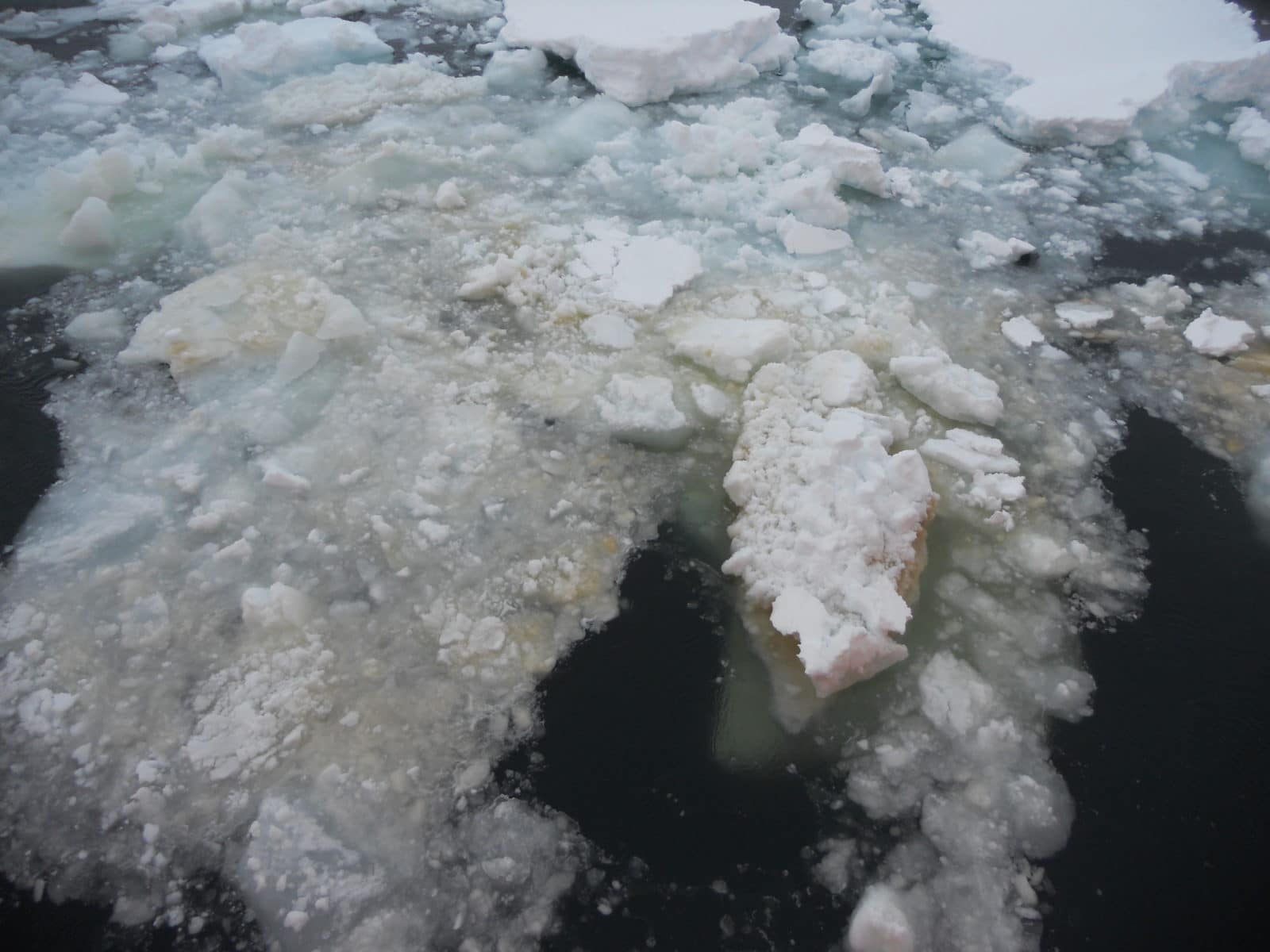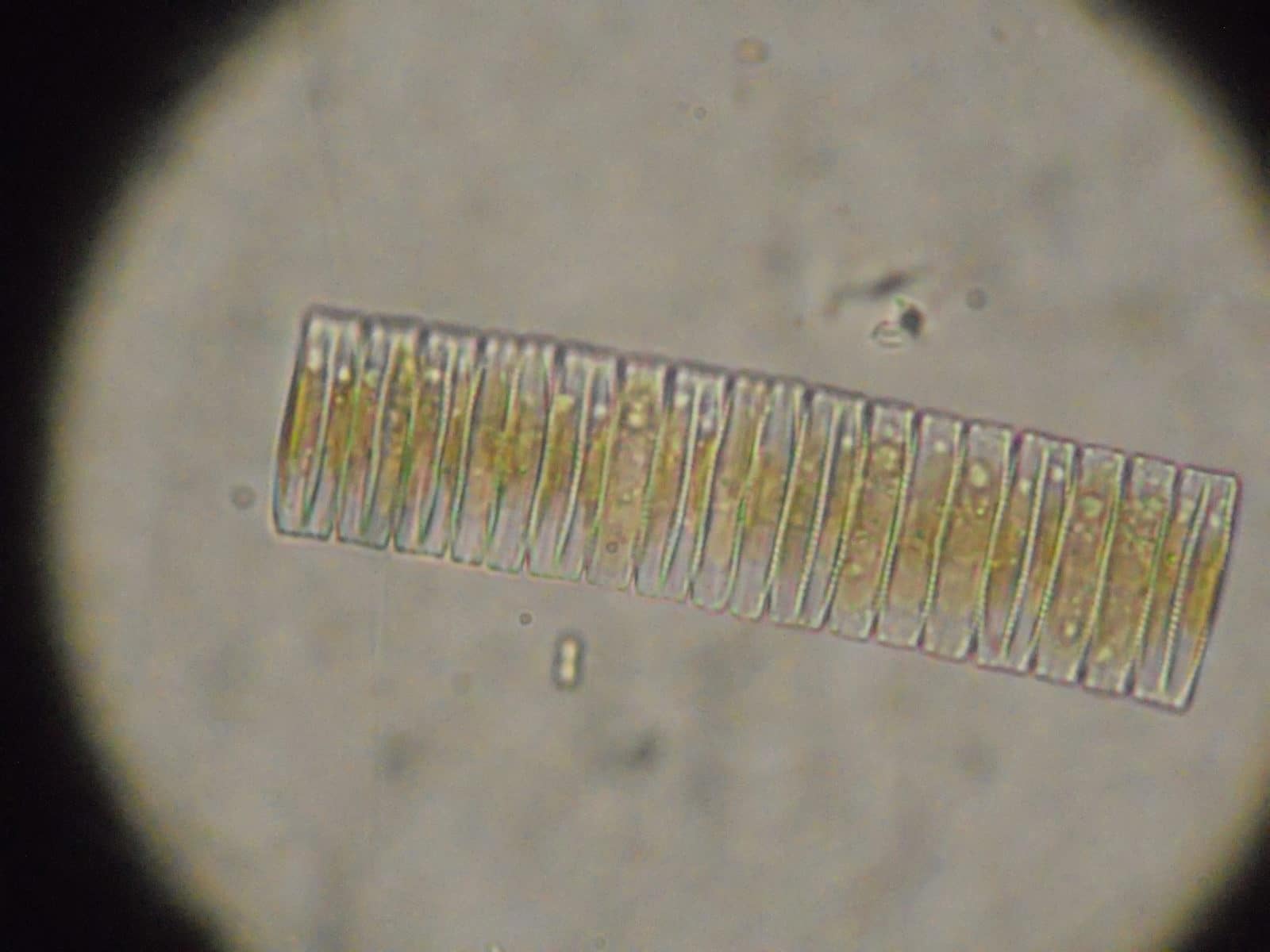


Brief description and intermediate results

Oceanic microbes are remnants of the history of life on Earth. Even though they are invisible to the naked eye, overall they are so abundant that they shape much of the functioning of the planet, e.g., by exchanging chemicals with the atmosphere with important implications for the cycling of essential elements, for air quality and odour-based ecology, and for climate.
In the Southern Ocean, much of the action of invisible nature is largely devoid of direct interference from the human footprint, making it the ideal region to investigate how the coupled ocean-atmosphere system works as a planetary engine readjusting itself to the indirect impact of humans, that of global warming.

The ACE represented an enormous opportunity to get a quasi-synoptic view of ocean and atmosphere at work in this unique region. The project SORPASSO gathered an international team with the aim of measuring the abundance and diversity of marine planktonic microbes (bacteria and phytoplankton), their physiological adaptations to the environment, and the consequences these have for the production and release of gases and particles that have an impact on atmospheric chemistry and climate. We made some of the first measurements of methylamines, isoprene, OCS and CS2 concentrations in the Southern Ocean, and the first-ever measurements of N-osmolytes and proteinaceous particles. Data across productivity gradients indicated that plankton abundance (biomass) is not enough to predict the concentrations of all these metabolites of interest for the atmosphere; rather, plankton taxonomical composition and physiology also play critical roles. Regarding ecologically relevant scents emitted by the ocean, our data indicate that the background emissions over the Southern Ocean are very low, contrasting with a few emission hot spots typically associated with islands or coastal polynyas of high biological productivity. The odour landscape, therefore, shows enough contrasts to orient animal foraging activity.

With an online outreach and educational programme, SORPASSO succeeded in communicating to society the search for discovery and providing public and educational awareness on the importance of Antarctica in the functioning of our planet.

Rafel Simó
Institut de Ciències del Mar, ICM-CSIC
Barcelona, Catalonia, Spain
Surveying Organic Reactive gases and Particles Across the Surface Southern Ocean (SORPASSO)
- Plymouth Marine Laboratory (UK)
- Plymouth University (UK)
- University of Warwick (UK)
- Takuvik-Université Laval, Québec (Canada)
- University of Technology Sydney (Australia)
- INIBIOMA Bariloche (Argentina )
- IQFR-CSIC (Spain)[/accordion][/accordionwrap]
[/column]